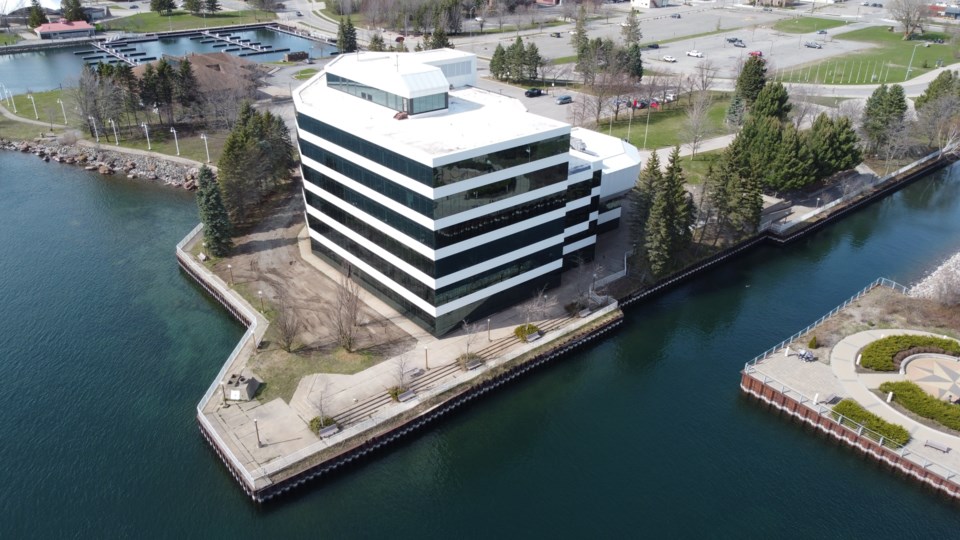After manually counting ballots for the first 133 years of its existence, Sault Ste. Marie is preparing to use vote-counting machines in the 2022 municipal election.
City Council will be asked Monday night to authorize issuing a request for proposals for vote tabulators to be used to count next year's ballots.
"Tabulators are portable machines that scan ballots and record how the ballot is marked," Rachel Tyczinski, city clerk and Madison Zuppa, deputy city clerk, say in a report prepared for Mayor Provenzano and ward councillors.
"Instead of placing the ballot into a box, the ballot is fed into the tabulator. The physical ballots are stored in a secure ballot box. The cumulative total of all votes cast is provided to the clerk at the close of voting," the Tyczinski-Zuppa report states.
The cost of an election counted with tabulators is estimated at $320,000.
That compares to the $245,000 cost of our manually counted 2018 election, and the estimated $280,000 cost of doing it the same way next year.
"Proxy voting, advance vote days, and the vote-from-home program would continue to be offered. Utilizing vote tabulators would reduce the number of election workers required to count and reconcile ballots. An electronic voters list would improve the efficiency of processing voters at voting locations," say Tyczinski and Zuppa.
"Accessibility modules for tabulators would also be deployed at strategic voting locations."
Of 18 municipalities surveyed with populations in the 50,000-to-100,000 range, Sault Ste. Marie was found to be the only municipality still using paper ballots and a manual count.
In the last election in 2018, the City of Sault Ste. Marie set up 50 voting locations, including 197 voting subdivisions and nine at long-term care homes.
Sixty-six eligible voters took advantage of a vote-from-home program.
"Voting locations are becoming more difficult to secure due to facility closures and accessibility requirements," say Tyczinski and Zuppa.
"It has been a challenge over the past few election cycles to recruit sufficient capable election workers."
"In 2018, the city hired approximately 540 election workers, including an election coordinator, election assistants, deputy returning officers, voting clerks, greeters, and voting day support staff."
Ideas rejected by city staff include:
- status quo with old-school paper ballots that are manually counted
- vote-by-mail only
- voting online only
- hybrid approach
"Tabulators provide consistency when reading ballots, and identify errors on the ballot, thereby reducing the number of spoiled ballots," Tyczuppa said
"The time required to count ballots is reduced, allowing election results to be reported more quickly. The cost of tabulators would be significantly offset by reduced staffing requirements."
"The COVID-19 pandemic may exacerbate existing challenges in recruiting election workers. Introducing tabulators or remote voting methods would alleviate some of the pressure in recruiting qualified individuals."
Monday's City Council meeting will be livestreamed on SooToday starting at 4:30 p.m.
The next municipal election will take place on Monday, Oct. 24, 2022.
